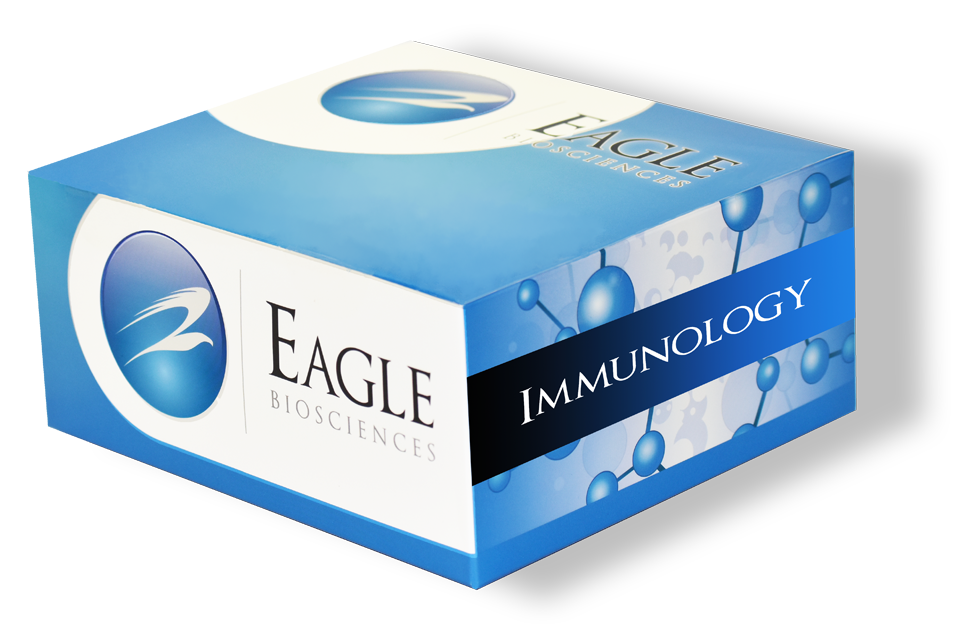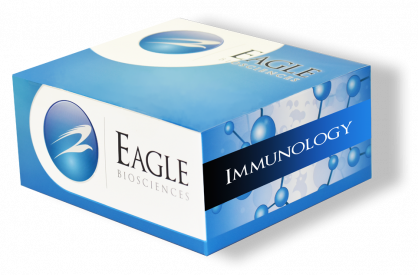TNF alpha ELISpot Assay Kit
The TNF alpha ELISpot Assay Kit is for research use only.
Incubation Time: 18hrs – 23hrs
Sample Size: 100 µl
Assay Principle
The ELISpot is a highly specific immunoassay for the analysis of cytokine and other soluble molecule production and secretion from T-cells at a single cell level in conditions closely comparable to the in-vivo environment with minimal cell manipulation. This technique is designed to determine the frequency of cytokine producing cells under a given stimulation and the comparison of such frequency against a specific treatment or pathological state. The ELISpot assay constitutes an ideal tool in the investigation of Th1 / Th2 responses, vaccine development, viral infection monitoring and treatment, cancerology, infectious disease, autoimmune diseases and transplantation. Utilizing sandwich immuno-enzyme technology, ELISpot assays can detect both secreted cytokines and single cells that simultaneously produce multiple cytokines. Cell secreted cytokines or soluble molecules are captured by coated antibodies avoiding diffusion in supernatant, protease degradation or binding on soluble membrane receptors. After cell removal, the captured cytokines are revealed by tracer antibodies and appropriate conjugates. A capture antibody highly specific for the analyte of interest is coated to the wells of a PVDF bottomed 96 well microtiter plate either during kit manufacture or in the laboratory. The plate is then blocked to minimize any non-antibody dependent unspecific binding and washed. Cell suspension and stimulant are added and the plate incubated allowing the specific antibodies to bind any analytes produced. Cells are then removed by washing prior to the addition of Biotinylated detection antibodies which bind to the previously captured analyte. Enzyme conjugated streptavidin is then added binding to the detection antibodies. Following incubation and washing substrate is then applied to the wells resulting in colored spots which can be quantified using appropriate analysis software or manually using a microscope.



